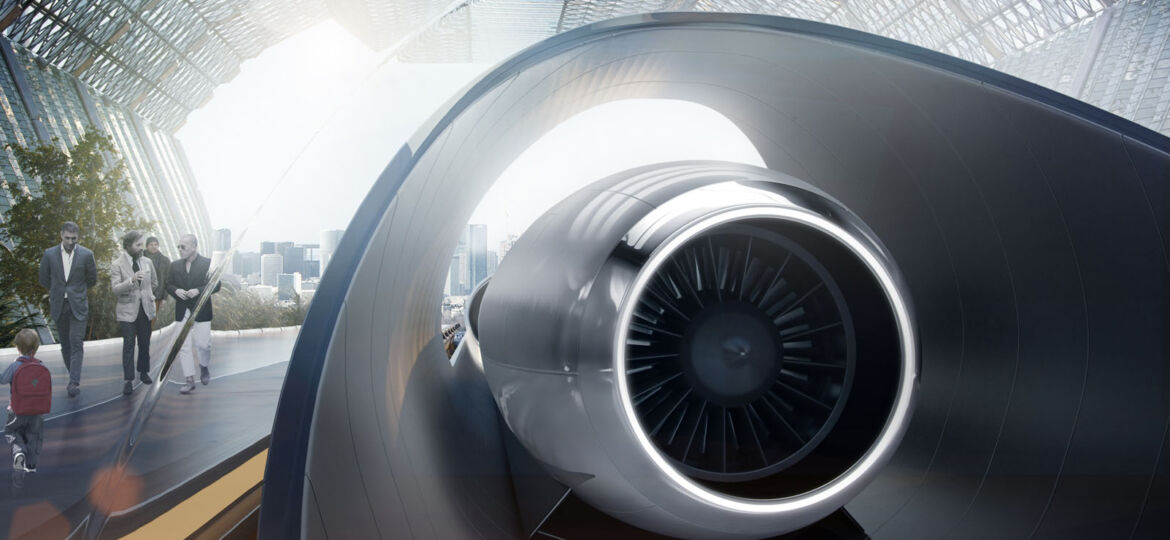
WHY THIS MATTERS IN BRIEF
- High speed infrastructure has long been shown to boost economic development and growth, and there’s no faster way to connect cities than by using a Hyperloop
India is a country that’s on the ascent but for all its promise much of the country is still held back by aging infrastructure, and a lack of infrastructure investment. Now India’s government wants to fix that yawning gap and it’s investigating options. One of those options is the famed Hyperloop, a futuristic transportation system that speeds passengers seated inside pods through low pressure tubes at blistering speeds of about 760 mph (1,220 km/h), faster than air travel, which was first posited in 2013, by SpaceX and Tesla founder Elon Musk.
Late last week Hyperloop One, who’ve recently won awards to build out the first Hyperloop network in Dubai, and who just completed building the world’s first Hyperloop test track, dubbed “DevLoop,” announced its intent to begin operations in India by 2021 and they’re seeking Indians’ views on preferred routes, which, let’s face it is a great way to try to garner support for what would undoubtedly be a massive project.
Hyperloop One’s plan comes just three months after California based Hyperloop Transportation Technologies (HTT) submitted their own proposal to the Narendra Modi government, a plan that would see Mumbai’s financial hub connected to the western Indian city of Pune. The Modi government is said to be considering the proposal.
If either company’s projects go ahead then it would be a quantum leap in transportation, not just for India, but for Asia in general and it could kick start a new transportation revolution as journeys that today take days are sliced down to hours – and even less.
“Hyperloop One will help accelerate India’s growth towards building substantial infrastructure that is financially and environmentally sustainable,” Rob Lloyd, CEO of Hyperloop One, said in New Delhi, “we are already working with the governments around the world on passenger and freight projects, and we look forward to also partnering with India to support this endeavour.”
That said though unlike Dubai where much of the country is desert, and where the ruling family is all powerful and able to drive changes though irrespective of public sentiment, India provides the two Hyperloop companies with several added challenges.
“2021 is probably a bit short for India but realistic for places like Saudi Arabia or places with wide open places,” said Hugh Hunt, a senior lecturer in mechanics in the Department of Engineering at University of Cambridge, “unlike India, the proportion of uninhabited or uncultivable land in the Arabian Gulf countries is often much higher.”
Meanwhile, there could be another challenge on the horizon. For decades now the process of land acquisition has stumbled in India, which has often created something of a stumbling block for large infrastructure projects like this – India’s bullet train plan being the most obvious example – and despite best efforts by Modi and his government there’s been little to no progress.
So, as always seems to be the case, we have the technology, but often the technology’s the easy part.
















